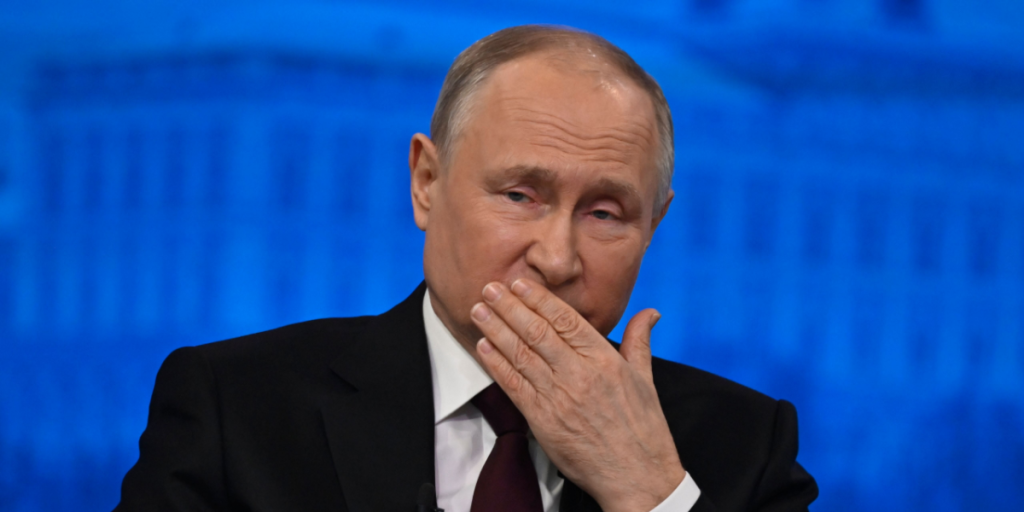He insisted that “wartime conditions justify these extraordinary measures.”
Others are reading now
He insisted that “wartime conditions justify these extraordinary measures.”
Kremlin Admits to Military and Media Censorship
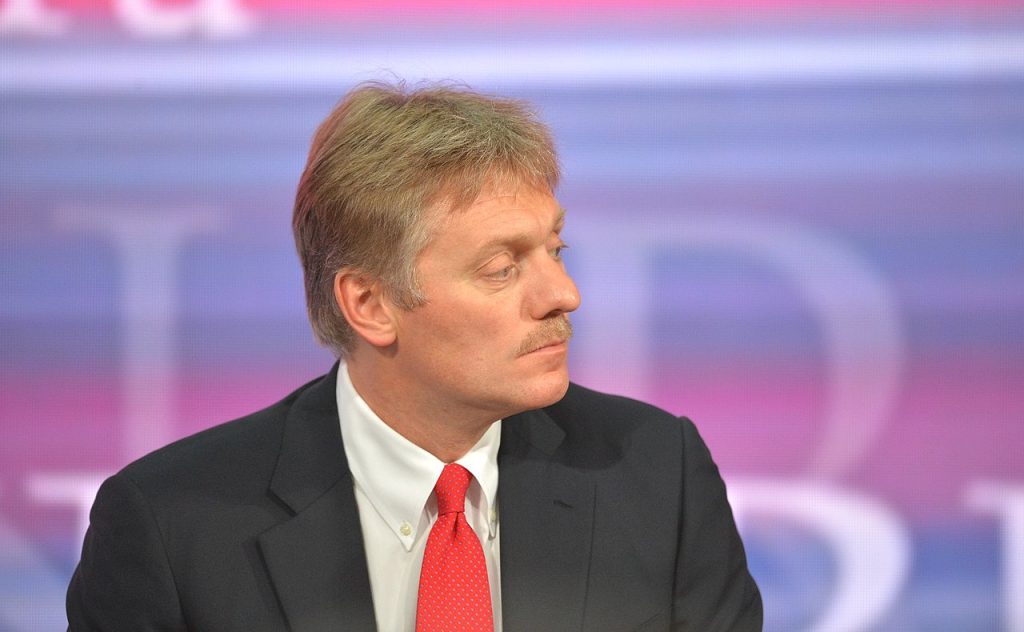
The Kremlin has acknowledged the existence of military censorship and state control over the Russian media.
Kremlin spokesperson Dmitry Peskov described it as an “unprecedented” but “justified” response to what he calls an information war being waged against Russia.
“This Regime Is Justified Now,” Says Putin’s Spokesman
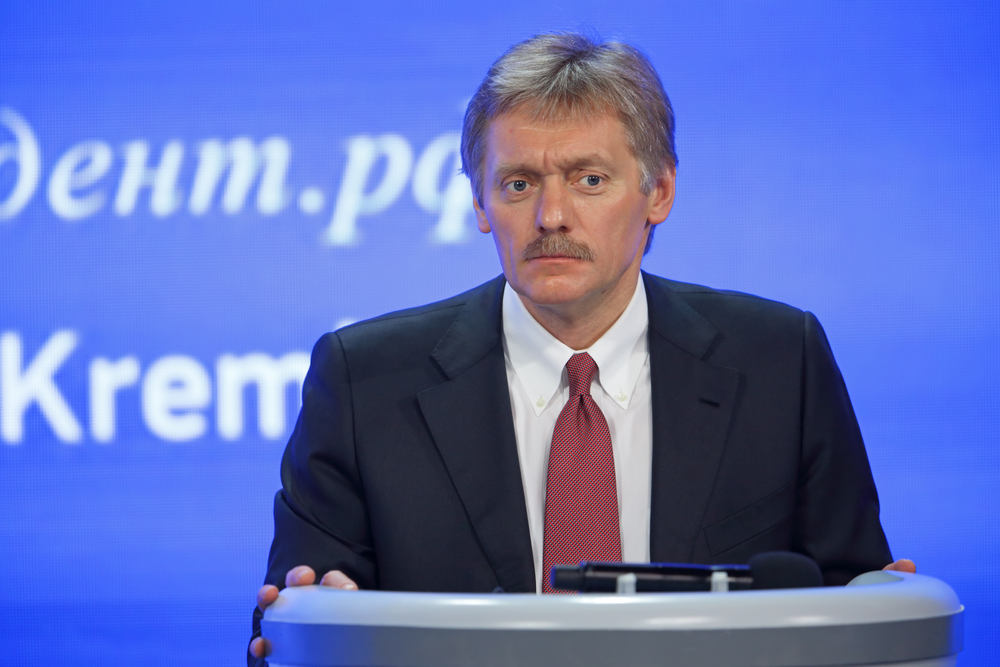
Speaking to Russian publication Expres, Peskov defended the tight grip on media, stating that censorship is essential during a time when Russia is being “deliberately discredited.”
Also read
He insisted that “wartime conditions justify these extraordinary measures,” calling them necessary for national security.
From Patriotism to Propaganda?
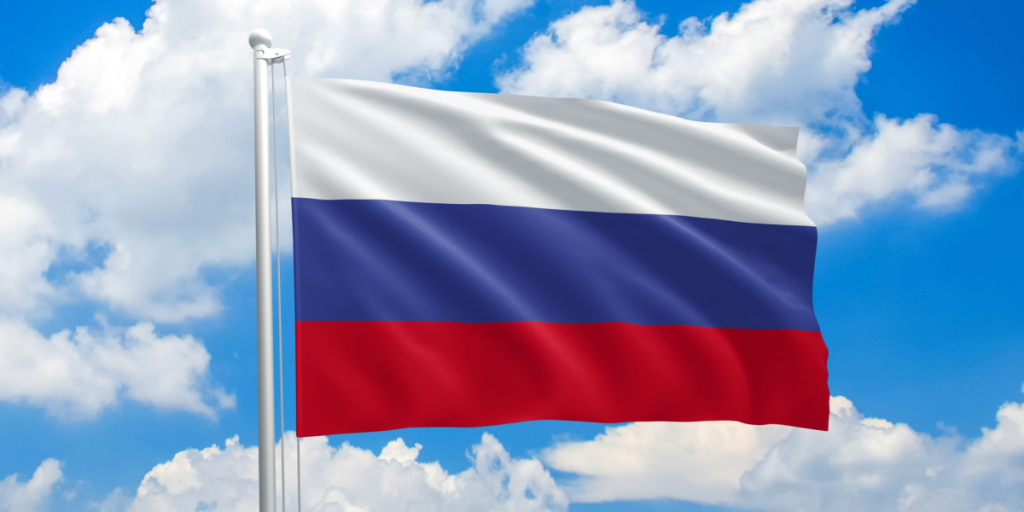
Peskov acknowledged a major shift in Russian media over the last three years, noting a surge in patriotic messaging.
He admitted that while some of this content borders on excessive, it reflects a deliberate editorial trend driven by the government’s need to maintain morale during conflict.
“Some Exaggerate Patriotism,” Peskov Admits
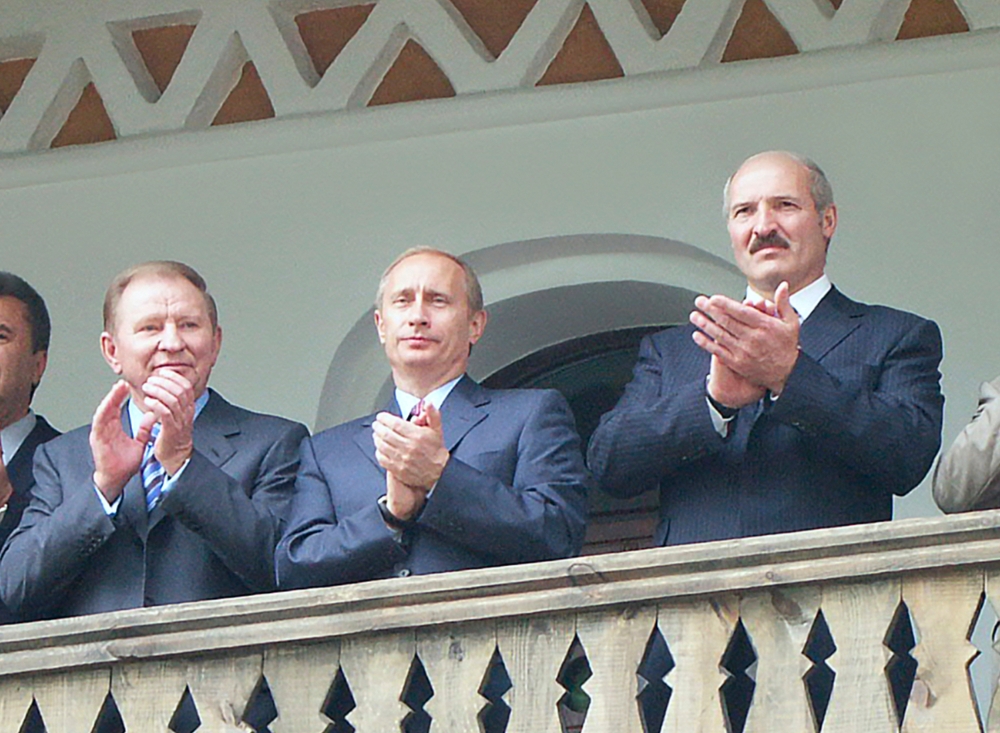
While supporting the patriotic narrative, Peskov also conceded that certain media outlets are overplaying it.
He referenced a Russian proverb about “teaching a fool to pray” to suggest that some have taken patriotic zeal to absurd extremes.
Censorship May Be Here to Stay
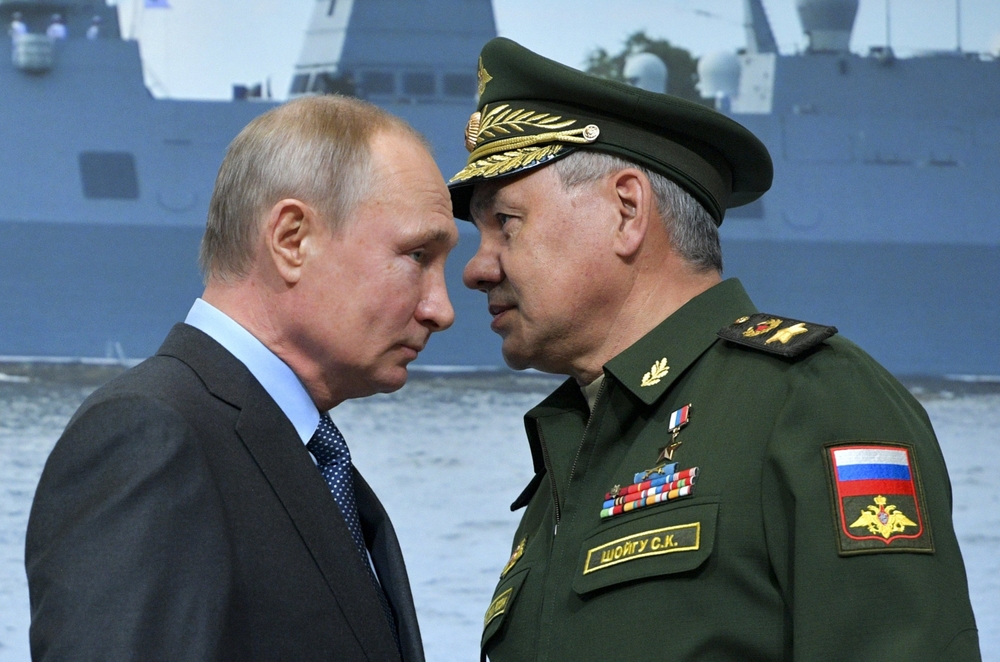
According to Peskov, the current level of media control might not be temporary.
He described Russia as being in a phase of “unprecedented military censorship,” which could continue for the foreseeable future.
He claimed the country is fighting not just on the battlefield, but in the “information space.”
Press Freedoms Collapse Since Invasion of Ukraine

Since launching its invasion of Ukraine, Russia has shut down or banned numerous independent publications.
Others, like Meduza, fled the country and now operate in exile.
The Kremlin has labeled many of these outlets as “foreign agents” or “undesirable organizations.”
Meduza in the Crosshairs

Peskov specifically called out Meduza, a Latvia-based independent news site, for spreading what he claims is an exclusively negative portrayal of Russia.
He accused the outlet of fueling hysteria and insisted that its editorial stance reflects the very skepticism the Kremlin is trying to suppress.
Patriotism: “Not an Achievement, But a Normal State”
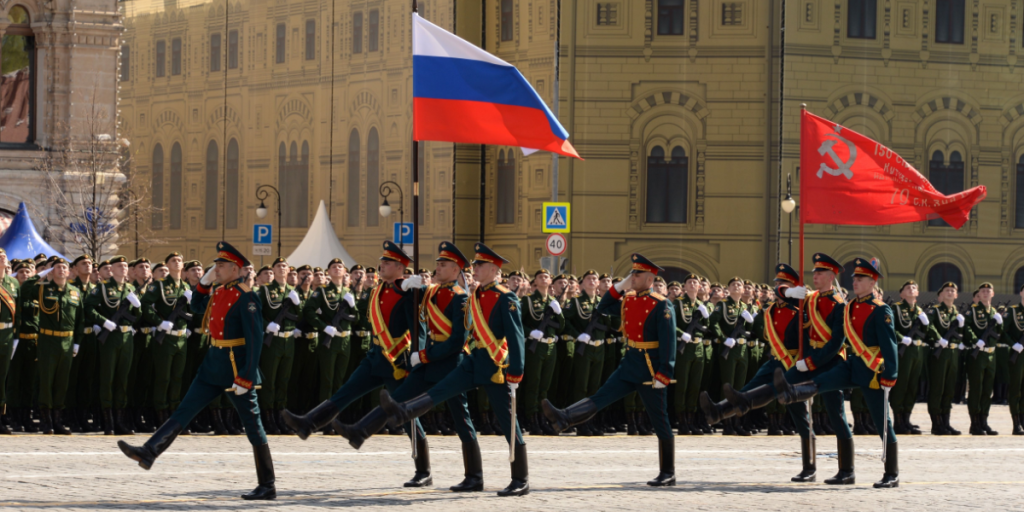
Echoing the government’s stance, Peskov argued that patriotism should be seen as a natural sentiment, not something extraordinary.
He believes the Russian public has always felt love for their country, and that the press must now reflect that collective spirit.
Lessons From the Past?
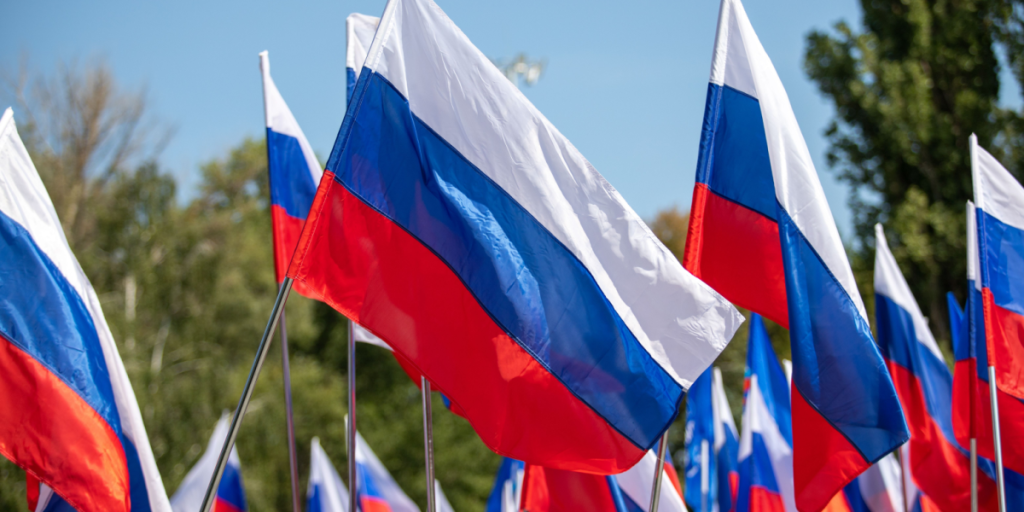
Peskov claimed that the Kremlin is willing to “take stock of past mistakes,” though critics say recent crackdowns suggest otherwise.
Still, he presented the regime’s current approach as a learning process, one that will evolve based on Russia’s needs in the future.
The Patriotic Agenda Dominates Russian News
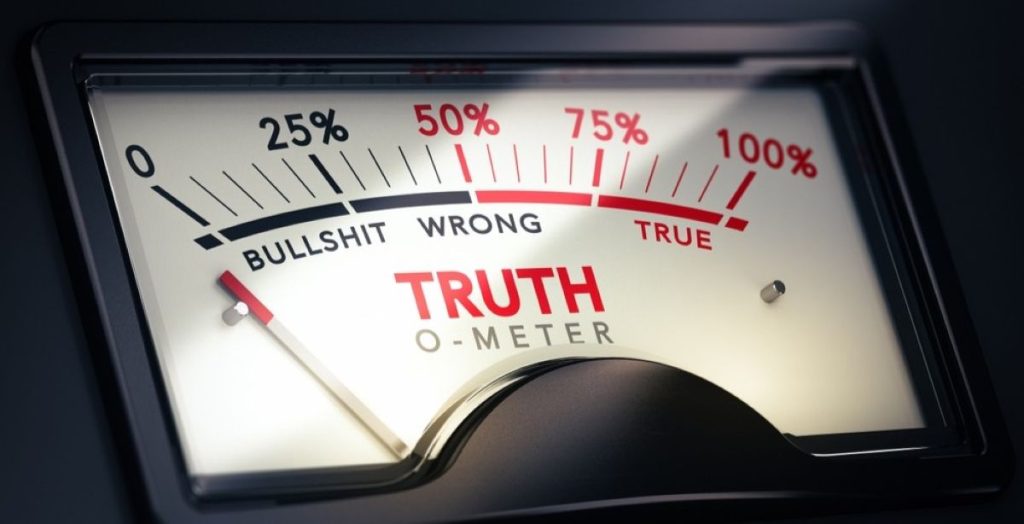
With most independent voices silenced, Russian media today largely reflects the state’s narrative.
“The growth of patriotism is a positive trend,” Peskov said, suggesting this slant is not just strategic, but also and ideological return to core national values.
Skepticism Viewed as Disloyalty
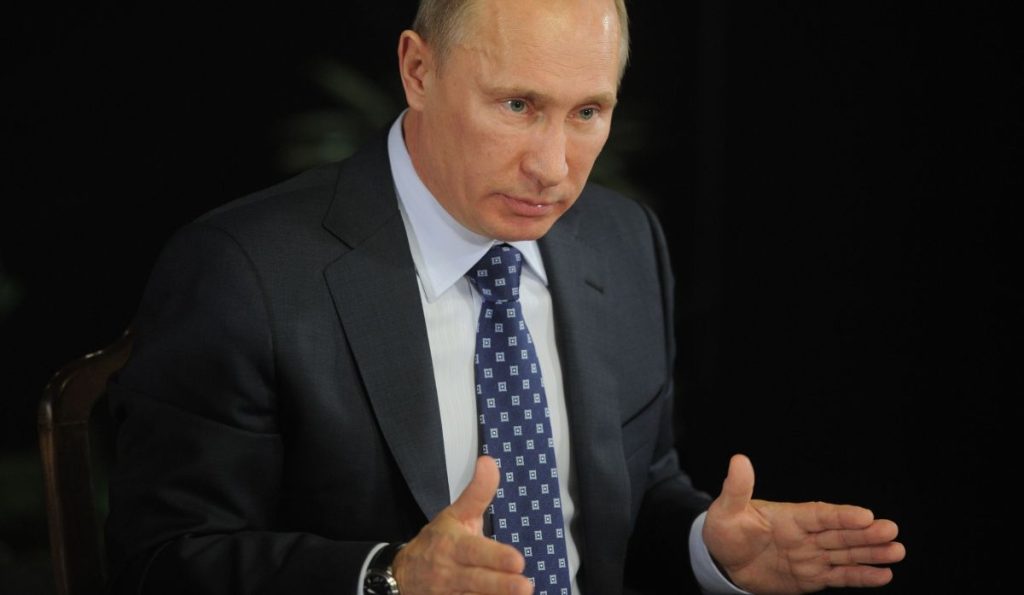
Peskov criticized Russian media of the past for being overly skeptical of the government and its institutions.
In his view, that era is over. Today’s media, he implied, should unite behind the country, especially during what the Kremlin sees as a war for its survival.

